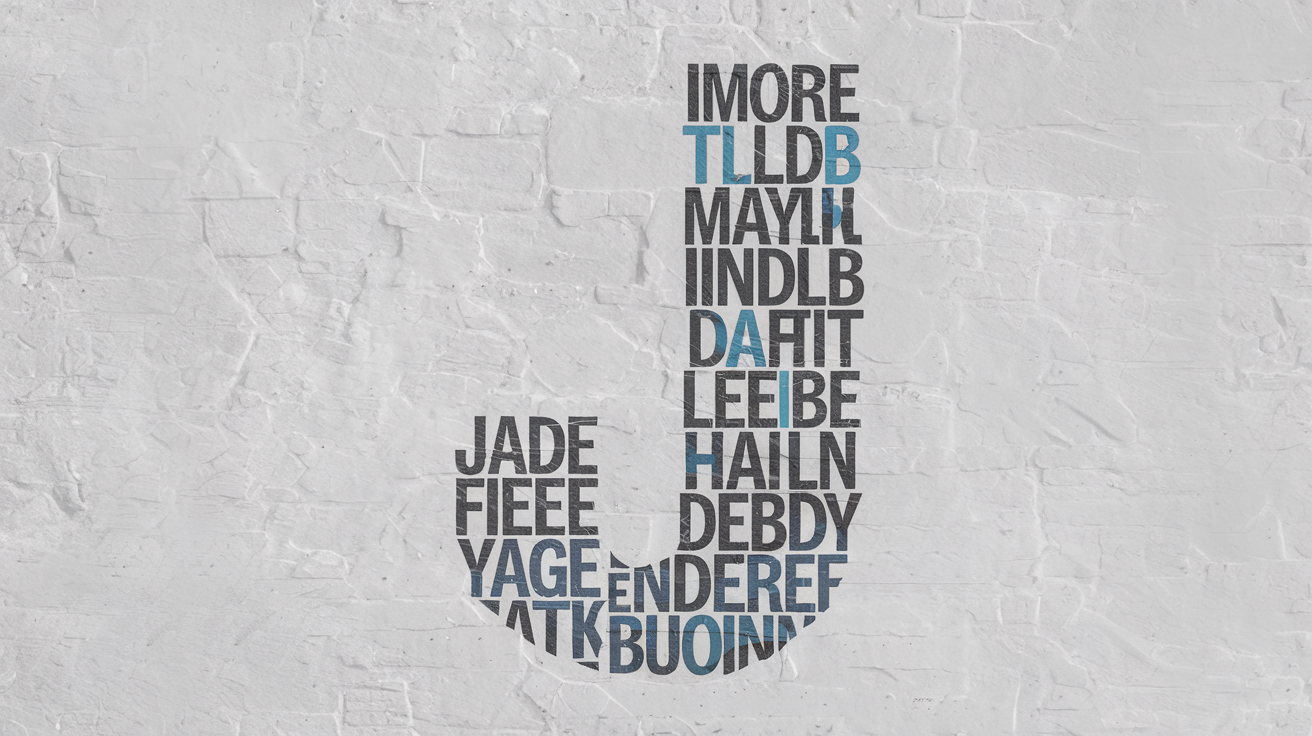Adverbs are a crucial part of any sentence, modifying verbs, adjectives, and other adverbs to add depth and precision. They answer questions like how, when, where, and to what extent. One way to expand your vocabulary is by learning new adverbs, and today, we’ll focus on adverbs that begin with the letter “I.” Whether you’re looking to improve your writing or describe someone more accurately, these adverbs will come in handy.
What Is an Adverb That Starts with I
An adverb that starts with “I” follows the general rule of modifying actions or descriptions. For example, immediately tells us when something happens, while intelligently describes how something is done. These adverbs often help to convey a specific tone or meaning in a sentence.
Here’s a basic example:
- She responded immediately to the call.
- He spoke intelligently during the debate.
By using adverbs that start with “I,” you can make your writing more dynamic and engaging.

50 Adverbs That Start With I
Adverbs play an important role in enhancing our writing and communication by modifying verbs, adjectives, or other adverbs. Below is a list of 50 adverbs starting with the letter “I,” organized to help you find the right word for any situation, whether you’re describing actions, behaviors, or adding precision to your sentences.
| Adverb | Example Sentence |
|---|---|
| Ideally | The plan worked out ideally for everyone involved. |
| Imaginatively | She solved the puzzle imaginatively. |
| Immediately | He responded immediately to the call. |
| Impartially | The judge ruled impartially in the case. |
| Importantly | Importantly, the results were accurate. |
| Impressively | She finished the race impressively fast. |
| Improperly | The machine was improperly assembled. |
| Inadequately | The work was inadequately prepared. |
| Inappropriately | He was inappropriately dressed for the occasion. |
| Incessantly | The phone rang incessantly all morning. |
| Incredibly | The show was incredibly entertaining. |
| Indefinitely | The meeting was postponed indefinitely. |
| Indisputably | He is indisputably the best player on the team. |
| Individually | They were tested individually before the exam. |
| Inevitably | The storm inevitably caused delays. |
| Infrequently | She infrequently travels for work. |
| Ingeniously | He ingeniously fixed the broken device. |
| Innocently | The child smiled innocently. |
| Instantly | The message was delivered instantly. |
| Intellectually | He approached the problem intellectually. |
| Intelligently | She handled the situation intelligently. |
| Intensely | They worked intensely on the project. |
| Intentionally | He intentionally left the document behind. |
| Intermittently | The lights flickered intermittently throughout the evening. |
| Interestingly | Interestingly, no one mentioned the mistake. |
| Intimately | She knew the details intimately. |
| Invariably | He invariably arrives late to meetings. |
| Invisibly | The virus spreads invisibly in crowded places. |
| Ironically | Ironically, she won the lottery the day after quitting her job. |
| Irregularly | The trains run irregularly during holidays. |
| Irritably | He replied irritably to the question. |
| Irrefutably | The facts were irrefutably in his favor. |
| Irreversibly | The damage was done irreversibly. |
| Intensively | They prepared intensively for the final exam. |
| Internally | The changes were made internally. |
| Inwardly | She smiled inwardly at the compliment. |
| Initially | Initially, I was hesitant to join the team. |
| Inherently | The job is inherently risky. |
| Intricately | The design was intricately detailed. |
| Industriously | The students worked industriously on their assignments. |
| Invitingly | The room was decorated invitingly. |
| Inquisitively | The child looked up inquisitively at the teacher. |
| Insightfully | He spoke insightfully about the topic. |
| Imposingly | The tower stood imposingly over the town. |
| Ineffectively | The strategy was implemented ineffectively. |
| Instinctively | He moved instinctively when he heard the sound. |
| Indirectly | She addressed the issue indirectly during the meeting. |
| Independently | The project was completed independently by the team. |
This list of 50 adverbs starting with “I” offers a range of words that can help you modify actions and descriptions with more precision. Whether you’re aiming to describe someone’s behavior or improve the clarity of your writing, these adverbs will make your sentences more expressive and dynamic. Try using some of these adverbs in your everyday writing to see the difference they can make!
Why Expand Your Vocabulary with Adverbs That Begin With I
Expanding your vocabulary, especially with adverbs, helps to sharpen your writing. Adverbs that start with “I” can make your descriptions more vivid, ensuring your readers or listeners grasp the nuances of what you’re trying to convey. Whether you’re aiming to describe someone’s character, enhance your storytelling, or simply improve your overall communication skills, these adverbs will help.
For example, saying “She immediately took action” is much more impactful than saying “She took action quickly.” The specific adverb provides more detail and a stronger sense of urgency.

Adverbs starting with “I” are a valuable addition to any writer’s toolkit. They offer precision, allow you to describe actions and qualities more effectively, and can even shape the tone of your writing. By using these 50 adverbs, you’ll find yourself able to communicate more clearly and colorfully, whether you’re writing a story, giving a speech, or simply chatting with friends. So, next time you’re looking for the right word, consider one of these powerful adverbs that start with “I.”




